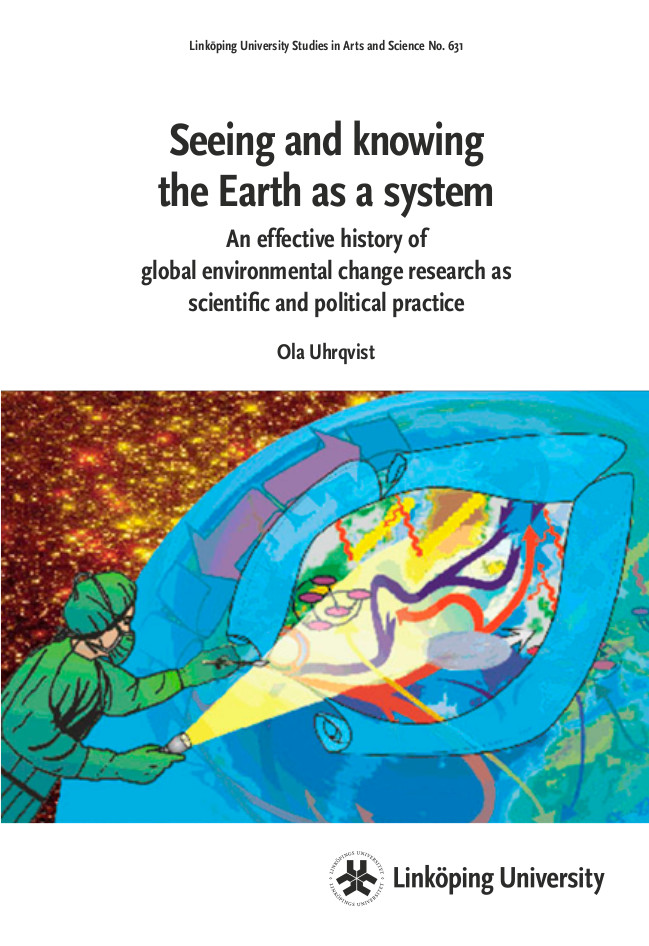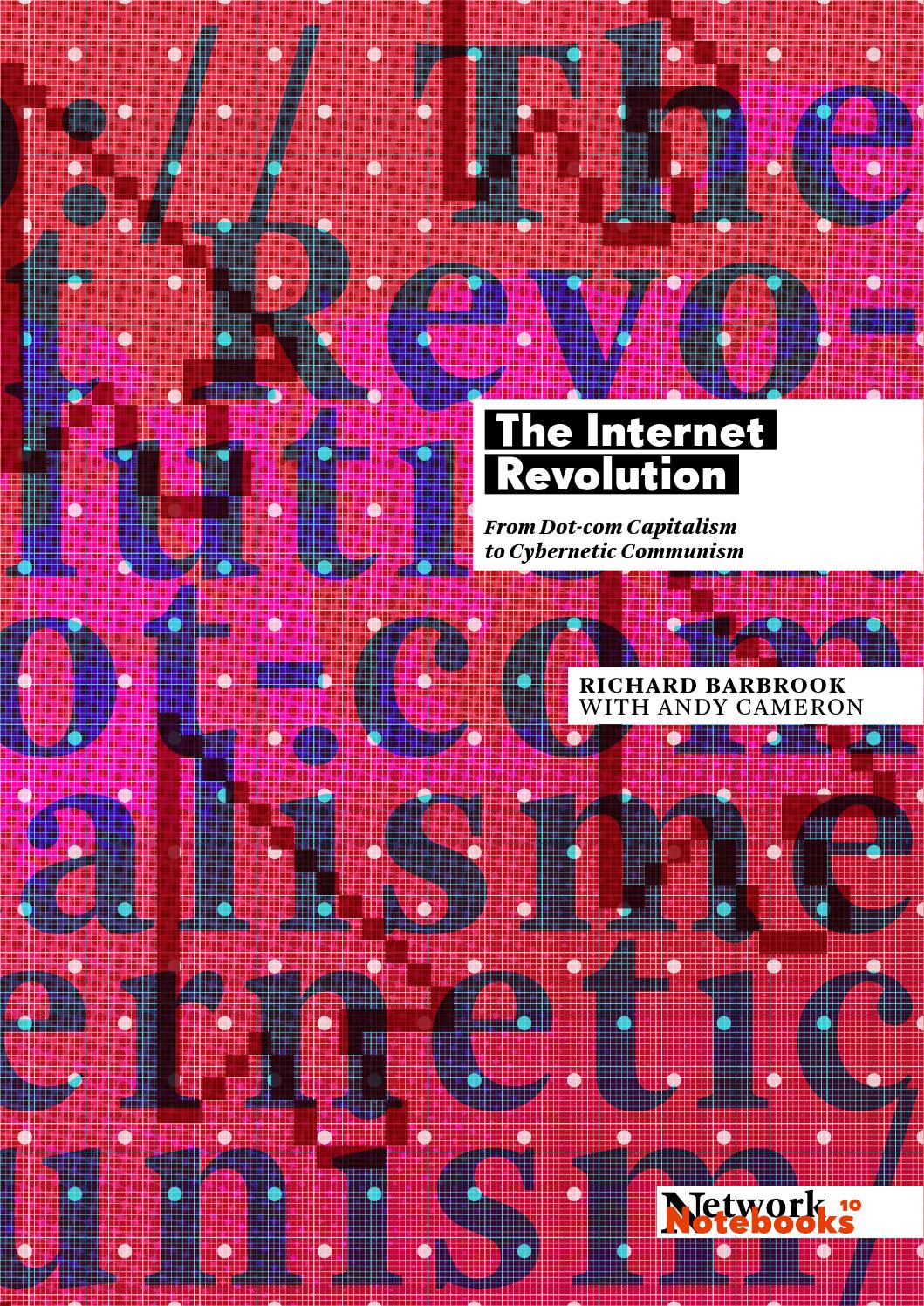NUPoD: Print on Demand Poetry: Making Books After the Internet (2015)
Filed under syllabus | Tags: · artists book, book, internet, poetry, postdigital, publishing

“This course operates at the intersection of creative writing, media theory, and the history of the book. Since the written word overtook the Homeric epic poem as a kind of communal Wikipedia, poetry has been less about communicating information and more about lyric expression. Recently, digital technologies have been seen to present this same challenge to the book. Like poetry, we might say that the book isn’t dead, it has simply lost its claim as the primary source of information. Over the last two decades, some of the most interesting works of art and poetry have turned to the book in both form and content, as both inspiration and fallen idol. It has never been easier for writers to publish, not just on Twitter and Facebook, but across a range of Print on Demand (POD) platforms for the printed book. This course examines recent works of poetry alongside new developments in print technologies. From Seth Siegelaub’s The Xerox Book (1968) to new works of POD poetry published throughout the quarter (TBA, 2015), we will study the emergence of innovative forms of writing the book under the influence of digital networks.”
Daniel Scott Snelson, Northwestern University, Fall Quarter, 2015
Course information and publication research conducted by the NUPoD editorial collective
Ola Uhrqvist: Seeing and Knowing the Earth as a System: An Effective History of Global Environmental Change Research as Scientific and Political Practice (2014)
Filed under book, thesis | Tags: · anthropocene, climate crisis, earth, earth system, environment, governance, knowledge, knowledge production

“Previous research connecting scientific knowledge production with governing of the global environment usually start in international climate change negotiations and related assessments. From that vantage point Earth system science and models are studied as an expansion of Global Circulation Models. By tracing of the history of the present Earth system outlook this thesis offers a reflection about how scientific knowledge produce and connects problems with descriptions of desired order of things and strategies to get there. Knowledge becomes a productive power by shaping fields of possible action in relation to the global environment.
The interpreted empirical material consists of scientific discussions from the International global environmental change programmes and particularly the International Geosphere-Biosphere Programme (IGBP) and the International Human Dimensions Programme on global environmental change (IHDP). The studied period spans from the start of the planning of the IGBP in 1983 to the presentation of the new research programme Future Earth in 2013. The thesis is organised around the effects of the IGBP’s strategy to use predictive Earth system models as a tool to bring a broad range of scientific disciplines together.
The results demonstrate the historicity of the present Earth system outlook by showing how ecosystems and human dimensions were attributed new and more important roles as drivers of global change. The thesis also argue for the need to approach the ‘Earth system’ as a result of a productive tension between top-down perspectives found in global modelling and bottom-up empirical research engaging with process interactions down to local scales.”
Publisher Linköping University Electronic Press, Linköping, 2014
Open access
ISBN 9789175192369
91 pages
PDF, PDF (updated on 2018-6-11)
Comment (0)Richard Barbrook with Andy Cameron: The Internet Revolution: From Dot-com Capitalism to Cybernetic Communism (2015)
Filed under book | Tags: · californian ideology, capitalism, communism, cybernetics, cyberspace, internet, libertarianism, neoliberalism, net criticism, silicon valley, technology, virtual reality

“Richard Barbrook and Andy Cameron’s The Californian Ideology, originally published in 1995 by Mute magazine and the nettime mailinglist, is the iconic text of the first wave of Net criticism. The internet might have fundamentally changed in the last two decades, but their demolition of the neoliberal orthodoxies of Silicon Valley remains shocking and provocative. They question the cult of the dot-com entrepreneur, challenging the theory of technological determinism and refuting the myths of American history. Denounced as the work of ‘looney lefties’ by Silicon Valley’s boosters when it first appeared, The Californian Ideology has since been vindicated by the corporate take-over of the Net and the exposure of the NSA’s mass surveillance programmes.
Published in 1999 at the peak of the dot-com bubble, Richard Barbrook’s Cyber-Communism offers an alternative vision of the shape of things to come, inspired by Marshall McLuhan’s paradoxical ‘thought probes’. With the Californian Ideology growing stronger, the Net was celebrated as the mechanical perfection of neoliberal economics. Barbrook shows how this futurist prophecy is borrowed from America’s defunct Cold War enemy: Stalinist Russia. Technological progress was the catalyst of social transformation. With copyright weakening, intellectual commodities were mutating into gifts. Invented in capitalist America, the Net in the late-1990s had become the first working model of communism in human history.
In an introduction written specially for this 20th anniversary edition, Richard Barbrook takes a fresh look at the hippie capitalists who shaped Silicon Valley and explains how their influence continues to this day. These thought probes are still relevant in understanding the contradictory impact of ubiquitous social media within the modern world. As McLuhan had insisted, theoretical provocation creates political understanding.”
Publisher Institute of Network Cultures, Amsterdam, Oct 2015
Network Notebooks series, 10
Creative Commons Attribution-NonCommercial-ShareAlike 4.0 International License
ISBN 9789492302014
51 pages
Replies to ‘The Californian Ideology’ published in Mute 4 (Spring 1996): Introduction, Louis Rossetto (Wired’s editor-in-chief), Franco (Bifo) Berardi, Celia Pearce.
PDF, PDF (4 MB)
EPUB, EPUB (3 MB)
Issuu

